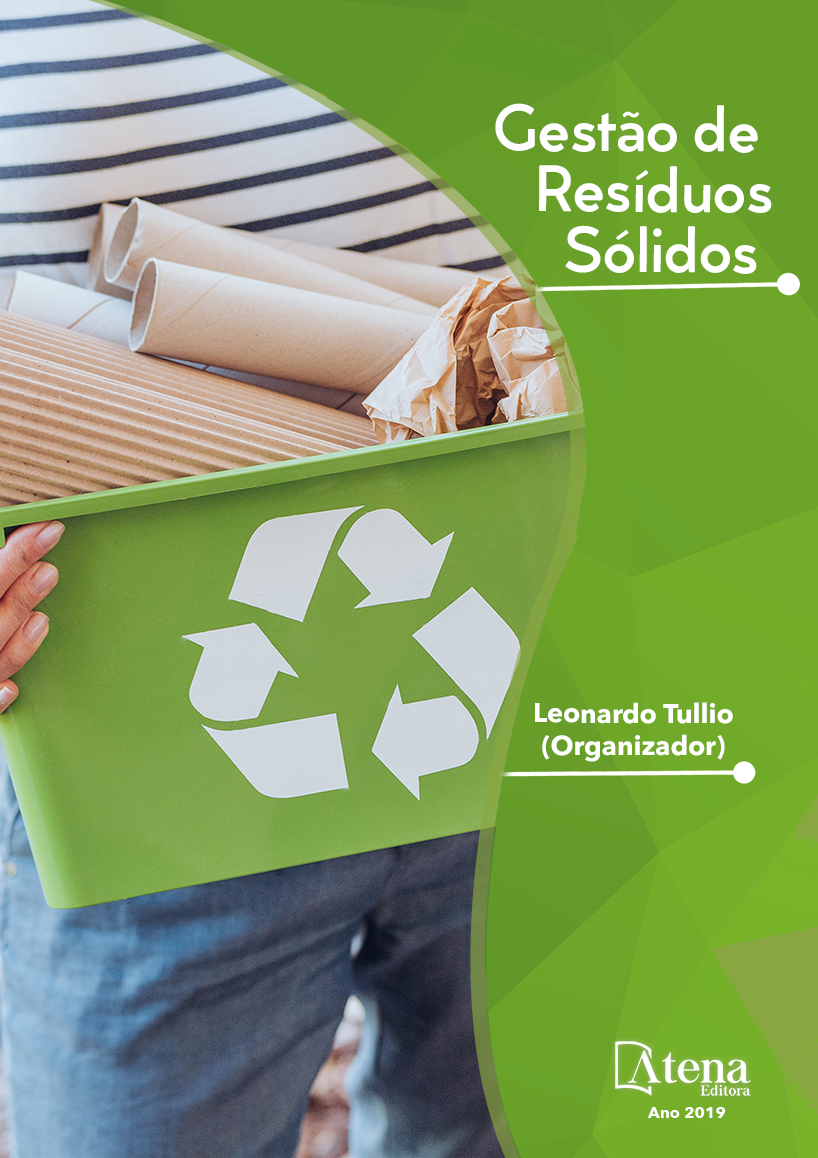
PERCEPÇÃO DA RESPONSABILIDADE COMPARTILHADA DO VAREJISTA E DO CONSUMIDOR FINAL DO RESÍDUO DO COCO VERDE PÓS-CONSUMO NO RIO GRANDE DO SUL - RGS
A preocupação dos brasileiros com
a saúde faz crescer o consumo de alimentos
saudáveis e a água de coco in natura assume
um papel especial nas regiões praianas,
mas ao mesmo tempo desencadeia um
cenário problemático de grande geração de
resíduos de coco verde pós-consumo e sua
gestão um crescente desafio para a logística
reversa dos resíduos sólidos urbanos. Nesta
perspectiva, propõe-se avaliar a percepção
da Responsabilidade Compartilhada segundo
a Política Nacional de Resíduos Sólidos com
base no perfil do varejista e do consumidor final
do resíduo do coco verde pós-consumo no Rio
Grande do Sul. Inicialmente, foi realizada uma
revisão bibliográfica sobre o tema seguida de
levantamento de dados primários com o uso de
pesquisa de campo com aplicação de entrevista
e questionário de um total de 346 pontos de
consumo de água de coco verde in natura
de três regiões praianas do RGS estudadas
correspondendo a uma média amostral de 23%
e 36% dos seus consumidores e varejistas,
respectivamente. Com base nos resultados
obtidos no perfil encontrado nos consumidores
e varejistas, ficou evidente que em sua grande
maioria, estes demonstraram conhecimento
sobre o assunto e interesse. E mesmo com
uma menor tendência de participação do
consumidor na logística reversa deste resíduo,
o emprego de quantidades significativas de
fibra e pó proveniente dos resíduos do coco
verde pós-consumo se mostra uma alternativa
viável capaz de fortalecer os elos da sua cadeia
sustentável
PERCEPÇÃO DA RESPONSABILIDADE COMPARTILHADA DO VAREJISTA E DO CONSUMIDOR FINAL DO RESÍDUO DO COCO VERDE PÓS-CONSUMO NO RIO GRANDE DO SUL - RGS
-
DOI: 10.22533/at.ed.84819140313
-
Palavras-chave: logística reversa, coco verde, consumidor, varejista.
-
Keywords: reverse logistics, green coconut, consumer, retailer
-
Abstract:
With the concern of Brazilians
with health, the consumption of healthy food
has been increasing and fresh coconut water
plays a special role in the beach regions,
but at the same time it triggers a problematic
scenario of great generation of post-consumer
green coconut wastes and its management a
growing challenge for the reverse logistics of
municipal solid waste. In this perspective, it is
proposed to evaluate the perception of Shared
Responsibility according to the National Solid
Waste Policy based on the profile of the retailer
and the final consumer of the post-consumption green coconut waste in Rio Grande do
Sul. Initially, a review Bibliography on the subject followed by primary data collection
with the use of field research with interview application and questionnaire of a total of
346 consumption points of fresh coconut green from three beach regions of the studied
in RGS corresponding to 23% and 36% an average sample of its consumers and
retailers, respectively. Based on the results obtained in the profile found in consumers
and retailers, it was evident that, for the most part, they demonstrated knowledge about
the subject and interest. And even with a lower tendency of consumer participation in the
reverse logistics of this waste, the use of significant amounts of fiber and powder from
post-consumer green coconut wastes is a viable alternative capable of strengthening
the links of its sustainable chain.
-
Número de páginas: 15
- Ana Cristina Curia
- Carlos Alberto Mendes Moraes
- Regina Célia Espinosa Modolo


